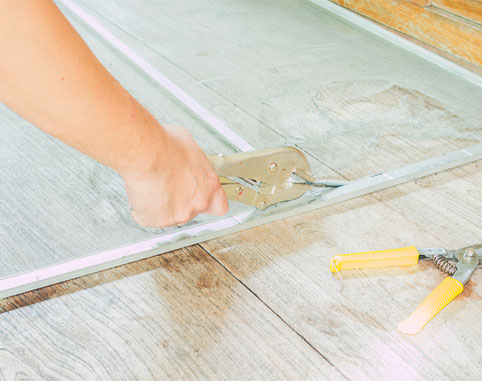
Basement waterproofing involves techniques and materials used to prevent water from penetrating the basement of a house or a building. Waterproofing a basement that is below ground level can require the application of sealant materials, the installation of drains and sump pumps, and more.
i) A waterproofed basement increases the home’s price and value. When looking for a new home with a basement, most buyers appreciate the home if the basement is already waterproofed. It
also raises the home’s resale value; on the other hand, if waterproofing isn’t usually done inside the basement, properties are typically sold at a much lower price.
ii) The inspiration of your house is strengthened by waterproofing the basement. A basement with leaks and damp partitions will cause the foundation of your home to weaken over time. It also contributes to the growth of mildew and other concerns within the basement. The fractures and gaps in the basement might cause the walls to break and fall.
iii) Basement waterproofing is a long-term solution to the problem of basement water damage. It will provide the cure for a longer period, and you will no longer have to squander money on short term treatments. It will also aid you in remodelling or upgrading your home; it is thought that protection should no longer be carried out within the house before addressing the water harm to your basement.
Waterproofing the basement eliminates many of the health risks associated with leaks, seepage, and water damage within the basement. Mould may grow in less than 48 hours, and if it isn’t removed, it can cause a variety of health issues, including allergies, fever, headaches, asthma, and coughing.